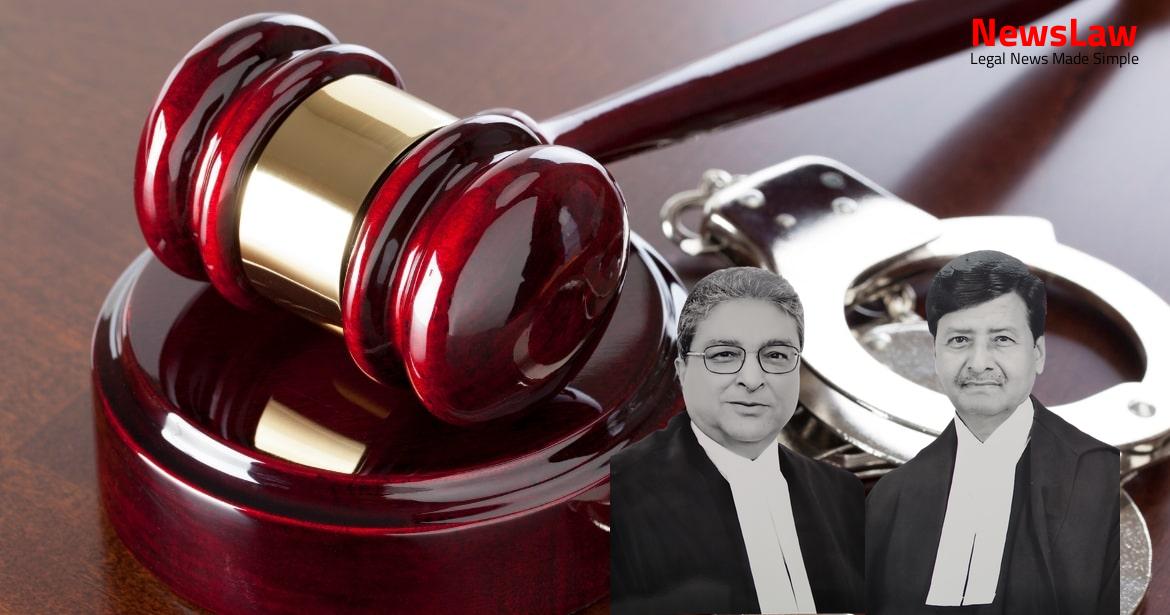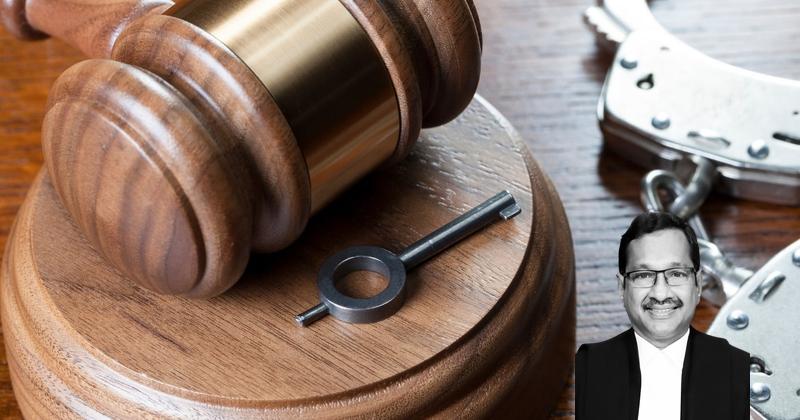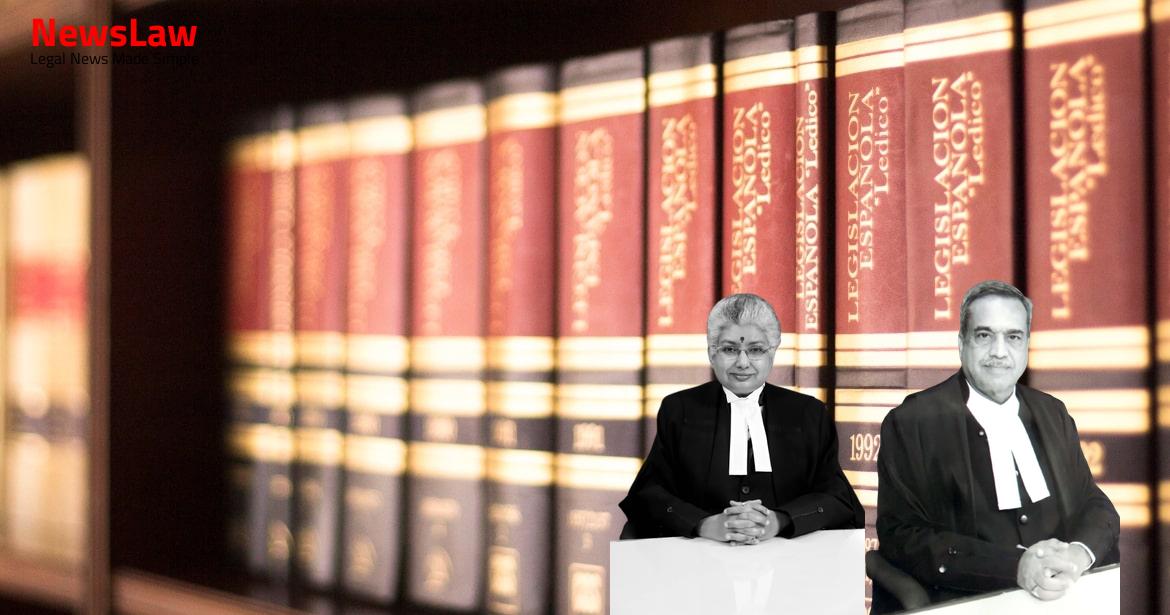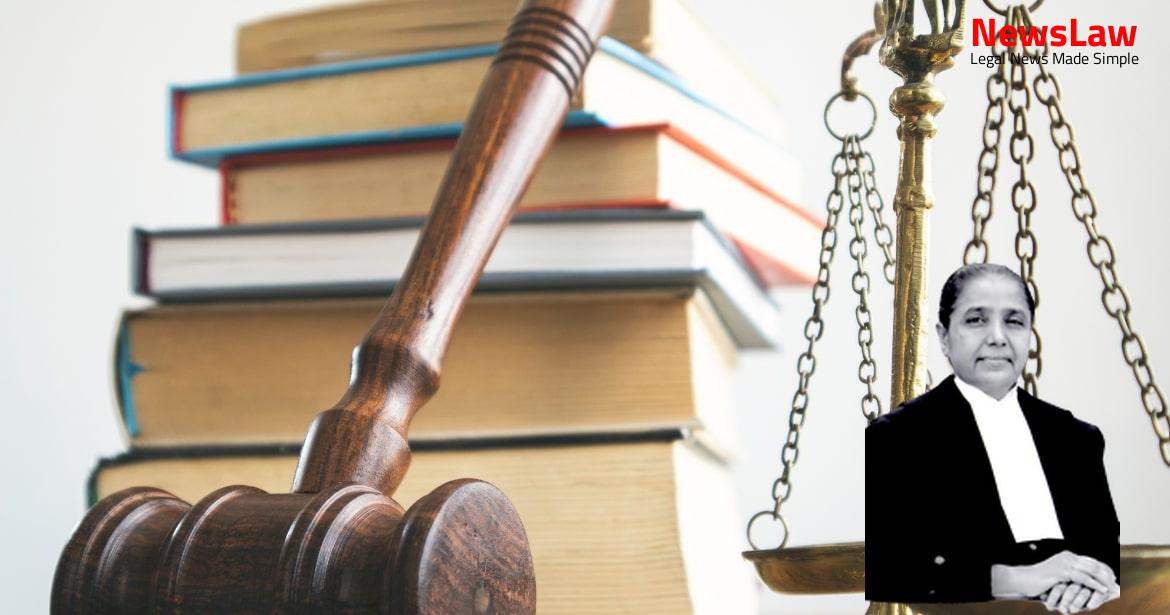This summary delves into a legal case highlighting the significance of judicial review and procedural fairness in disciplinary matters. The focus is on the court’s analysis of the disciplinary authority’s decision-making process rather than the merits of the case itself. The case underscores the importance of a fair opportunity for all parties involved in disciplinary proceedings.
Facts
- The disciplinary authority revisited the report of enquiry and disagreed with the finding of Charge No.1 by the enquiry officer.
- Respondent raised objections to the note of disagreement for Charge No.1 but did not raise specific objections to the other charges proved against him.
- The disciplinary authority confirmed the penalty of dismissal based on the proved charges.
- Respondent filed a departmental appeal raising vague objections without specific evidence supporting them.
- The appellate authority examined the appeal and found it lacking merit, confirming the dismissal.
- The High Court focused on the disagreement of Charge No.1 and alleged non-speaking order by the authorities.
- The Division Bench of the High Court affirmed the decision of the Single Judge.
- During arguments, it was revealed that the respondent was convicted in a criminal case related to the charges.
- The appellant Bank has filed the instant appeals against the judgment and order dated 13 September, 2018 passed by the Division Bench of the High Court of Allahabad.
- The appellant Bank is dissatisfied with the said judgment and order.
- The appeals have been filed by the Bank seeking a different outcome than what was decided by the High Court.
Also Read: Legal Analysis of High Court’s Direction on Playing Music in Public Places
Arguments
- Respondent’s plea of non-speaking order without application of mind is not substantiated.
- Enquiry Officer provided detailed reasons for holding Charge nos. 2-7 proved against the delinquent employee.
- Disciplinary authority considered the enquiry report and respondent’s written reply, and confirmed the penalty of dismissal with reasons supported by documents on record.
- Order of learned Single Judge confirmed in LPA by Division Bench of High Court is unsustainable.
- Disciplinary authority recorded reasons for disagreement on Charge no. 1, but respondent did not justify in written reply.
- The Respondent’s counsel argues that the disciplinary authority should have served a note of disagreement with the Enquiry Officer’s findings before taking any independent decision.
- The procedural error in the disciplinary authority’s decision-making process caused prejudice to the respondent.
- The post-decisional hearing did not cure the defect in the procedural error.
- The High Court rightly upheld the decision that a fair opportunity was not provided to the respondent.
- Referring to relevant case laws, the Respondent’s counsel argues that the penalty of dismissal based on findings of Charges 2-7 was justified.
- The High Court’s interference with the penalty of dismissal was not justified and requires intervention from this Court.
- The Respondent’s counsel criticizes the disciplinary authority for not independently examining the record of the enquiry and passing a non-speaking order of dismissal without due application of mind.
- The High Court’s interference with the disciplinary authority’s decision to impose the penalty of dismissal was appropriate based on the lack of proper examination and reasoning.
Also Read: Legal Analysis on Loan Transaction Dispute
Analysis
- Various charges were leveled against the respondent employee in a departmental enquiry regarding misappropriation of public funds.
- The enquiry officer found charges 2-7 proved but charge 1 not proved.
- The disciplinary authority revisited the findings and upheld charges 2-7, inflicting the penalty of dismissal on the respondent.
- The appellant raised objections regarding the fairness of the proceedings and the imposition of the penalty.
- The appellate authority also confirmed the penalty after revisiting the case and considering the objections raised.
- The High Court’s interference based on procedural fairness was examined and not sustained.
- The charges in the charge-sheet were found to be specific and all but one were proven during the enquiry.
- The contention that the Enquiry Officer should be above the rank of the Disciplinary Authority was refuted as incorrect.
- The High Court directed the Government of the State of Orissa to decide on the punishment of dismissal or a lesser punishment based on charges.
- A writ of certiorari can be issued if the conclusion of the disciplinary authority is perverse, based on no evidence, or suffers from a patent error.
- The High Court cannot interfere if the findings of the Tribunal establish grave delinquency by the respondent.
- Judicial review is limited to examining the authority’s decision-making process, not the decision’s merits.
- The Court may not exercise its power of judicial review even if proven charges justify a penalty.
- The power of judicial review corrects errors of law or procedural errors, not the merits of the decision itself.
- The disciplinary authority is the sole judge of facts in a case.
- High Court committed an apparent error in setting aside the order of dismissal of the respondent dated 24 July, 1999
- The order of dismissal was confirmed in the departmental appeal by order dated 15 November, 1999
Also Read: Clarifying Legal Requirements for Approval in Disciplinary Proceedings
Decision
- The appeals have succeeded and are allowed.
- The judgment of the High Court dated 13 September, 2018 has been set aside.
- No costs are awarded.
- Any pending applications have been disposed of.
- The period spent by Shri Srivastava while suspended will not result in payment of salary and allowances, except for the subsistence allowance already paid.
Case Title: DEPUTY GENERAL MANAGER (APPELLATE AUTHORITY) Vs. AJAI KUMAR SRIVASTAVA (2021 INSC 7)
Case Number: C.A. No.-000017-000018 / 2021



